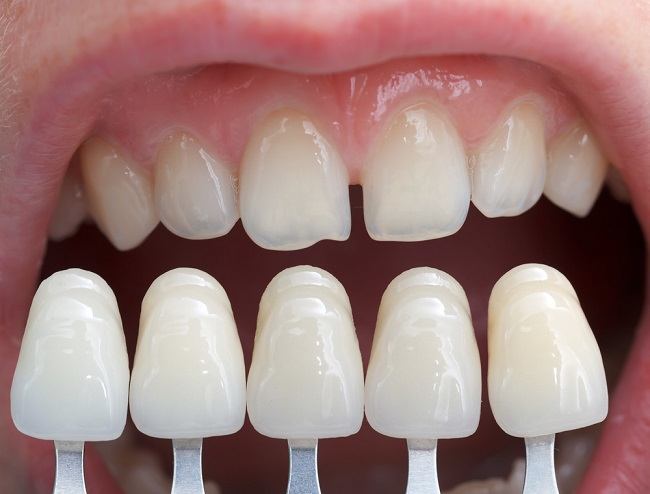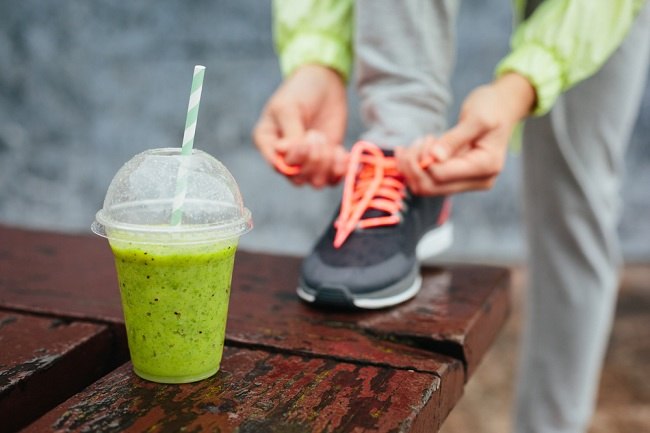Iodine is one of the important nutrients that pregnant women need to meet. The reason is, not only can it have a bad impact on the health of pregnant women, iodine deficiency during pregnancy can increase the risk of pregnancy complications that are dangerous for the fetus.
Iodine plays an important role in the formation of thyroid hormone which is responsible for regulating the body's metabolism and maintaining brain health. Everyone certainly needs iodine, including pregnant women, so that the body can function properly.

The Importance of Iodine Intake During Pregnancy
For pregnant women, iodine is needed by the body to support the growth and development of the fetus, especially the formation of a healthy brain and nervous system.
Because iodine is very important in fetal development, iodine deficiency during pregnancy can affect the physical development and hearing of the baby after birth, even at the risk of causing birth defects, miscarriage, premature birth, and stillbirth.
In pregnant women, iodine deficiency can be characterized by swelling of the thyroid gland (goiter), fatigue, muscle weakness, depression, intolerance to cold, and excessive weight gain.
Iodine needs that must be fulfilled by pregnant women per day is 220 micrograms or 0.22 milligrams (mg). This requirement is indeed higher than the iodine requirement of adults in general, which is 0.15 mg per day.
Since the body cannot produce iodine on its own, it is important to get adequate intake of iodine through a variety of food or drink sources.
Consumption of these foods to prevent iodine deficiency during pregnancy
In order not to be deficient in iodine during pregnancy, consume the following high intakes of iodine:
1. Salt
One of the main ways to maintain adequate iodine levels is to cook with iodized salt. In 1 teaspoon of iodized salt contains about 0.13 mg of iodine. So, make sure pregnant women choose salt that is labeled with iodine, yes.
2. Seafood
Seafood is also important to eat to prevent iodine deficiency during pregnancy. There are many choices of seafood with high iodine sources, including seaweed, tuna, and shrimp
However, pregnant women need to ensure that the seafood is thoroughly cooked to reduce the risk of viral, bacterial or parasitic infection.
3. Dried Plums
This fruit, which is commonly consumed for weight loss and constipation, can also be a good source of iodine. In every 5 dried plums contained about 0.13 mg of iodine or able to meet 9% of the daily requirement of iodine.
4. Eggs
Eggs are also high in iodine content. One egg is able to meet about 16% of the daily requirement of iodine. The largest known iodine content is in egg yolks. So, when consuming eggs, make sure pregnant women eat all parts, yes.
5. Milk
The benefits of milk for pregnant women are not only to meet the needs of calcium, but also to meet the needs of iodine during pregnancy. Apart from milk, yogurt is also a good source of iodine.
Although iodine is good for the body, don't overdo it, okay? The reason is, too much iodine can also cause thyroid papillary cancer and thyroiditis. Symptoms usually include fever, abdominal pain, vomiting, diarrhea, and a weak pulse.
To ensure that pregnant women have no iodine deficiency or excess, they can consult a doctor about the amount of iodine they need every day, especially if they have suffered from thyroid disorders.









